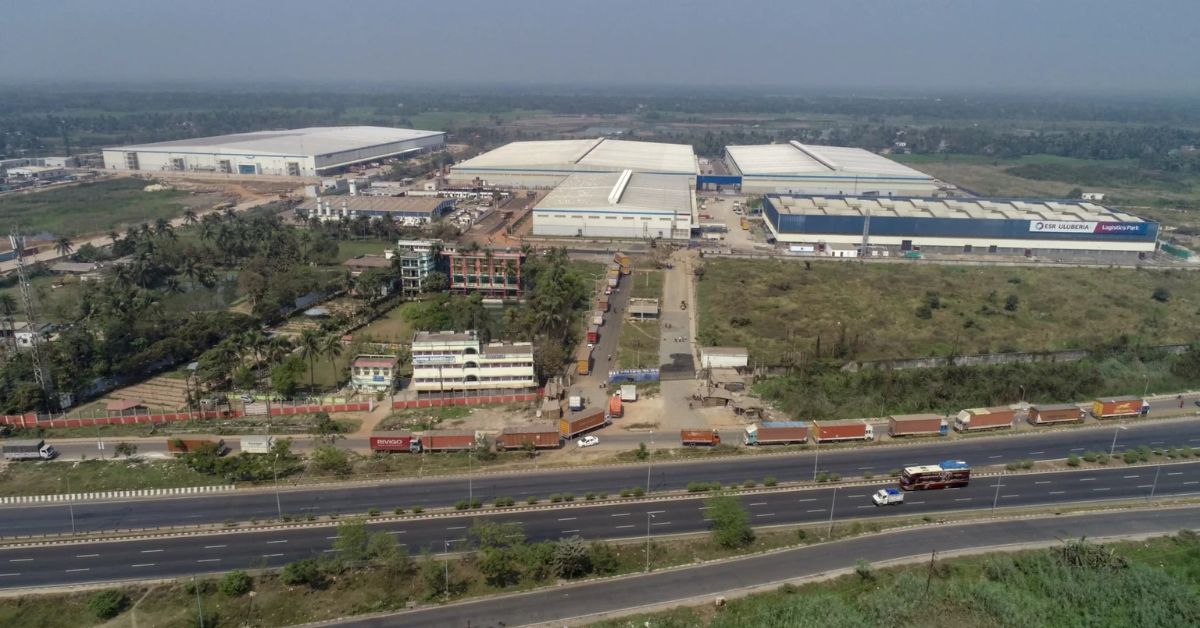The ESR GMR Logistics Park (EGLPPL) would be fully owned by GMR Hyderabad International Airport Limited (GHIAL) through its wholly owned subsidiary, GMR Hyderabad Aerotropolis Limited (GHAL). GHAL now owns 30% of the company, but it has a share purchase agreement in place to buy the remaining shares from other investors. With this acquisition, EGLPPL will become a fully owned subsidiary of GHIAL, indicating a calculated attempt to increase its presence in the logistics and warehousing sector close to the airport.
In order to meet the growing need for effective supply chain infrastructure, EGLPPL is in charge of the construction and administration of a significant warehouse and logistics center in Hyderabad. GHIAL hopes to simplify operations and create synergies between airport operations and the logistics ecosystem by combining ownership.
This project is in line with GHIAL’s overarching goal of turning Hyderabad’s airport area into a thriving aerotropolis that sustainably combines industry, commerce, aviation, and communal living. The purchase is a strategic move to maximize the value of land next to the airport while upholding sustainable and environmentally friendly urban development standards.
Experts note that GHIAL’s approach fits within a modern infrastructure paradigm where airport ecosystems serve as catalysts for regional growth. By nurturing a multi-use aerotropolis model, GHIAL not only supports enhanced cargo and passenger logistics but also facilitates green and smart city initiatives.
This includes efficient land use, renewable energy integration, and sustainable transport connectivity that can reduce carbon footprints while creating equitable jobs and community spaces. The Hyderabad logistics park, under full GHIAL ownership, is expected to benefit from increased capital inflow and strategic planning that leverages the airport’s connectivity advantage. This integration is poised to attract more industries reliant on rapid logistics and just-in-time inventory management, including sectors like pharmaceuticals, e-commerce, and manufacturing.
The resulting economic stimulus aligns with state and national ambitions to foster sustainable industrial corridors and green urbanisation. GHIAL’s aerotropolis model is illustrative of the future of urban infrastructure development in India—where aviation hubs act as nuclei for multifaceted economic zones that balance commercial growth with environmental stewardship.
While the acquisition promises economic and infrastructural benefits, GHIAL is also under pressure to maintain strict environmental safeguards to ensure that expansion does not come at the cost of ecological balance. Urban planners and environmental experts urge continuous monitoring and adoption of green building codes, waste management protocols, and renewable energy solutions in the logistics park’s ongoing development. The deal comes at a time when Indian airports are increasingly recognising the value of integrating non-aviation businesses to diversify revenue streams and promote sustainable urban ecosystems.









